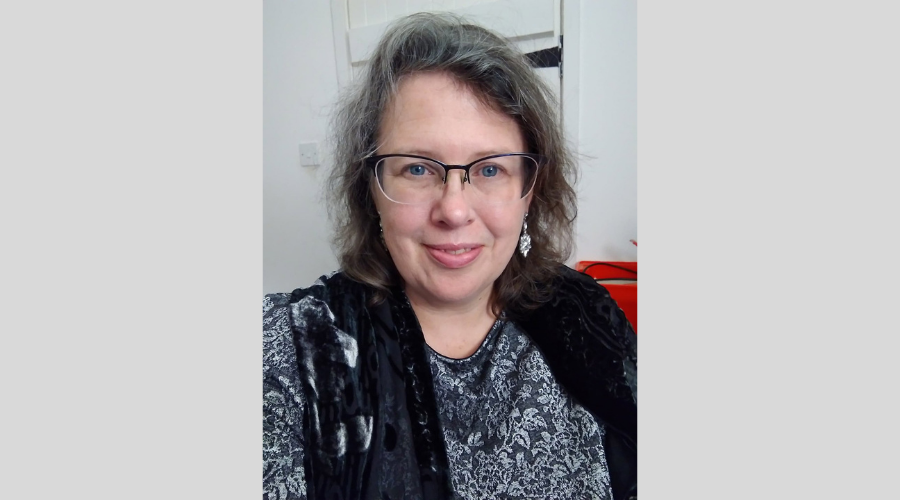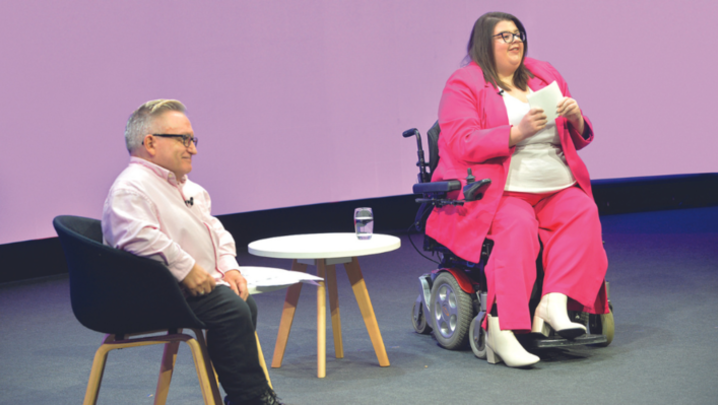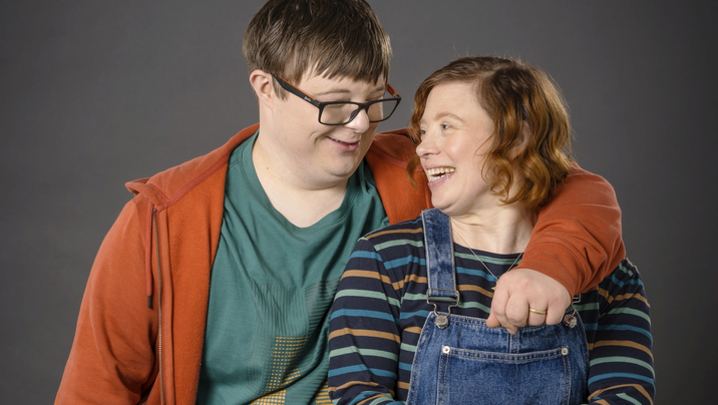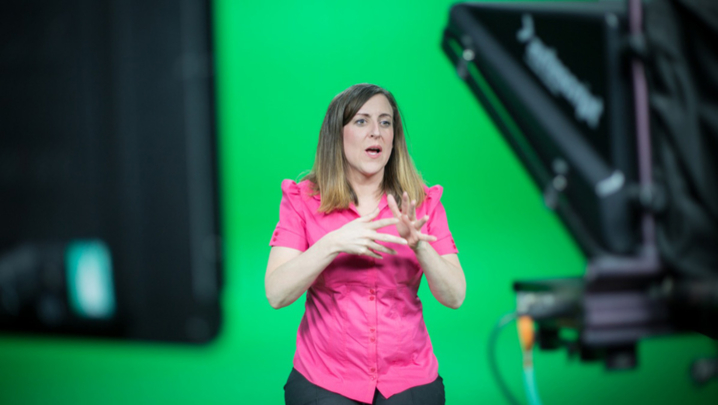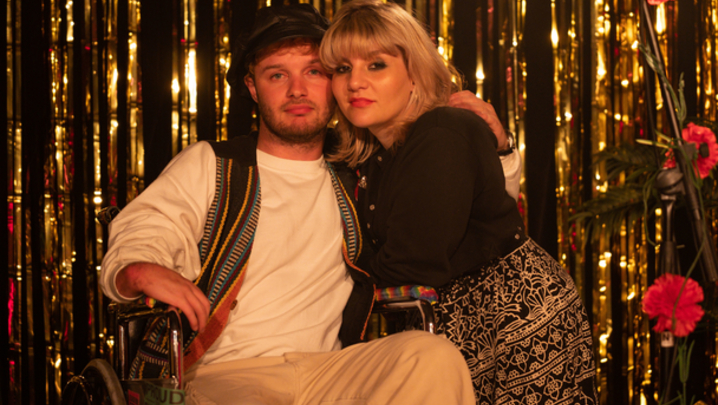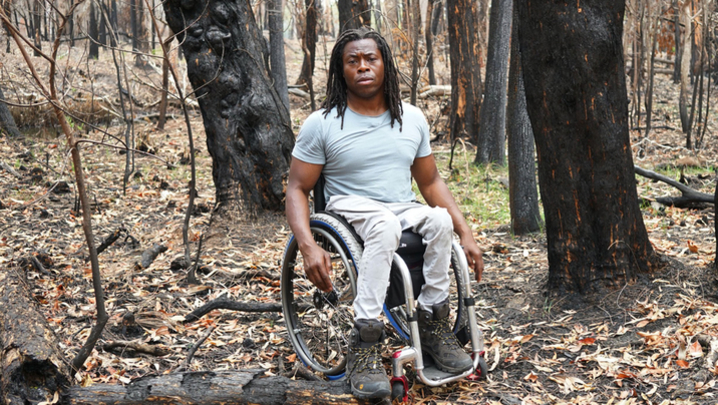Katy Boulton outlines how an innovative industry body is working to transform the lives of deaf, disabled and neurodivergent creatives.
In the spring of 2020 I found myself, like so many other freelance folk, workless and incomeless. A friend kindly sent me details of a role at an organisation called TripleC DANC. I confess I had never heard of TripleC, and – realising they were Manchester-based – I idly wondered if “DANC” might be a reference to the weather.
In fact, TripleC is a disabled-led company that works to strengthen access and inclusion for deaf, disabled and neurodivergent people in the arts and media. The “DANC” bit stands for the Disabled Artists Networking Community, TripleC’s professional strand.
To be brutally honest, this raised in me a terror that I’d somehow say or do the wrong thing. I had very little experience of disability, and what little experience I did have made me think it was all a bit of a minefield.
To cut a long story short, I swallowed my fear and am now a permanent member of TripleC’s senior leadership team. It’s hard, almost two years on, to recall just how nervous I felt about joining a disabled-led organisation.
Fast forward to today and everything feels very different. I’ve learned that there are very few hard and fast rules when it comes to terminology. Some disabled people will use a particular word or phrase to describe themselves. Others will use another.
Taking a step back, I’ve also found that you rarely need to ask someone what their disability is. Instead, the key question to ask is: “What are your access requirements?” So, the key focus is on understanding what reasonable adjustments need to be put in place, not on terminology.
That said, I’ve learned that “non-disabled” is more appropriate than “able-bodied”, in the same way that “wheelchair user” is preferred over “wheelchair-bound”.
The test is usually to think about how these terms make you feel inside. When it feels right, it usually is. But, if in doubt, it’s OK to ask the person themself.
Another thing I’ve discovered is that access put in place to benefit one person can often benefit many others in the team. Examples might include building in proper breaks and providing “easy read” versions of written documents. I’ve also learned that – within the deaf, disabled and neurodivergent community – there is a whole host of creatives with lived experience who are brilliantly placed to advise and support.
TripleC now works with most of the major broadcasters and with many production companies, providing training, advice, mentoring, webinars, masterclasses and more. We focus on solutions and on taking away fear.
One example is our Talent Finder. Currently in the live testing phase and launching later this year, Talent Finder is an online place where deaf, disabled and neurodivergent people working in TV and in the arts can add their profile and where broadcasters, producers and arts organisations can find disabled talent.
We know that the kind of fears that I felt when I first joined TripleC are replicated in many organisations. TripleC is here to support and to offer solutions that come from the lived experience of deaf, disabled and neurodivergent creatives. TripleC’s creative leads are Cherylee Houston (Coronation Street) and Melissa Johns (Life, Grantchester), and we are backed by a DANC membership of more than 1,000 creatives.
So, if we don’t know the answer, we usually know someone who does. We’re based in Manchester, but we work with people across the UK to make change by creating a broadcasting and arts environment that it truly inclusive and representative of all our communities.
Katy Boulton is the strategic development manager at TripleC DANC (tripleC.org.uk). She is also a member of the RTS Yorkshire Centre Committee.

